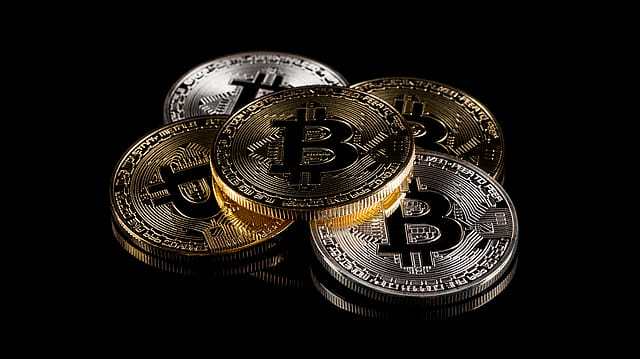Crypto investors can lose all their money: EU issues stern warning
ADVERTISEMENT

Consumers face a very real possibility of losing all their invested money if they buy crypto assets, warned European Union's three regulators on Thursday.
Crypto assets are highly risky and speculative and these are not suited for most retail consumers as an investment or as a means of payment or exchange, cautioned the three watchdogs – the European Securities and Markets Authority, the European Banking Authority and the European Insurance and Occupational Pensions Authority.
Investors should be alert to the risks of misleading advertisements, including via social media and influencers, cautioned the European Supervisory Authorities.
Consumers should be particularly wary of promised fast or high returns, especially those that look too good to be true, it said.
This comes at a time when there are more than 17,000 different crypto assets, some of them being sometimes referred to as "virtual currencies" or digital "coins" or "tokens".
The most prominent cryptocurrencies include Bitcoin and Ether, which together represent about 60% of the total market capitalisation of crypto assets.
The energy consumption of some crypto assets is high from mining and validation processes, and consumers should be aware of their environmental impact, the EU authorities said.
Investors may fall victim to scams, fraud, operational errors or cyber attacks and they are unlikely to have any rights to protection or compensation if things go wrong, the regulators noted.
Investors should be aware of the lack of recourse or protection available to them, as crypto assets and related products and services typically fall outside existing protection under current EU financial services rules, they said.
"Many crypto-assets are subject to sudden and extreme price movements and are speculative, because their price often relies solely on consumer demand (i.e., there may be no backing assets or other tangible value). You may lose a large amount or even all of the money invested," the regulators said.
Crypto assets can be defined as a digital representation of value or rights which may be transferred and stored electronically, using distributed ledger technology or similar technology.
The three watchdogs noted growing consumer activity and interest in crypto-assets, including so-called virtual currencies and the emergence of new types of crypto-assets and related products and services, for instance so-called non-fungible tokens (NFTs), derivatives with crypto-assets as underlying, unit-linked life insurance policies with crypto assets as underlying and decentralised finance (DeFi) applications, that claim to generate high and/or fast returns.
The regulators said they are concerned that an increasing number of consumers are buying those assets with the expectation that they will earn a good return without realising the high risks involved.